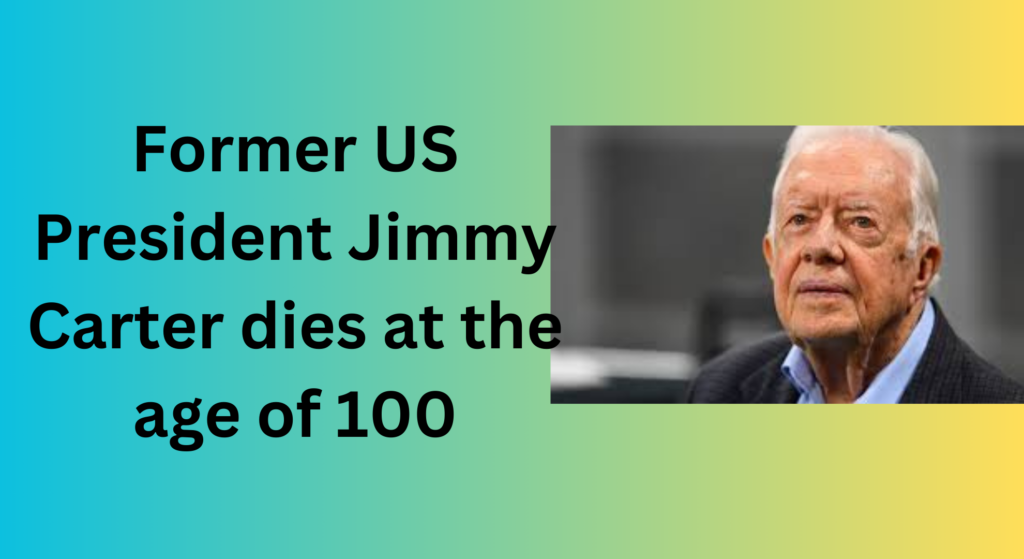INTRODUCTION
When he came into the White House as the 39th US president, Arter was a centrist as governor of Georgia, but his instincts were populist. He was a Washington outsider at the time.
Jimmy Carter, the Georgia peanut farmer who as US president struggled with a bad economy and the Iran hostage crisis but brokered peace between Israel and Egypt and later won the Nobel Peace Prize for his humanitarian work, was a man who as US president struggled with a bad economy and the Iran hostage crisis but brokered peace between Israel and Egypt and later won the Nobel Peace Prize for his humanitarian work.
“My father was a hero not just to me, but to everyone who believes in peace, human rights and selfless love,” said Chip Carter, the former president’s son. “My brother, sister and I shared these common beliefs with him and the rest of the world…
Jimmy Carter's power struggle
I’m Jimmy Carter and I’m running for president. I’ll never lie to you,” Carter promised with a smile. Asked to evaluate his presidency, Carter said in a 1991 documentary: “Our greatest failure was a political failure.
He served as president from January 1977 to January 1981 after defeating Republican President Gerald Ford in the 1976 US election. Four years later, voters turned to the Republicans and defeated Carter in a landslide.
His one-term presidency saw the successful 1978 Camp David accords between Israel and Egypt, bringing some stability to the Middle East. But it was beset by a slumping economy, persistent unpopularity, and the embarrassment of Iran.
Carter received the Nobel Peace Prize in 2002 for his efforts to promote human rights and resolve conflicts around the world, from Ethiopia and Eritrea to Bosnia and Haiti.
Carter, a Southern Baptist Sunday school teacher since his teens, brought a strong sense of morality to the presidency, speaking openly about his religious faith. He also sought to reduce some of the pretense from the increasingly imperial presidency
The Middle East was a focal point of Carter’s foreign policy. Building on the 1978 Camp David retreat, the Egypt-Israel Peace Treaty of 1979 ended a state of war between the neighbors. Carter summoned Egyptian President Bessi Sadat and Israeli Prime Minister Menachem Begin to the Camp David presidential retreat in Maryland for talks. Later, when agreements began to fall apart, Carter saved the situation by flying to Cairo and Jerusalem for personal shuttle diplomacy.
Carter's Health Problems
In recent years, Carter has suffered a number of health issues, including melanoma that spread to his liver and brain. Carter decided to receive hospice care in February 2023 rather than undergo additional medical intervention. His wife, Rosalyn Carter…
Carter left office deeply unpopular, but he had worked energetically for decades on humanitarian causes. He was awarded the Nobel Peace Prize in 2002 in recognition of his “untiring efforts to seek and pursue peaceful solutions to international conflicts.”
